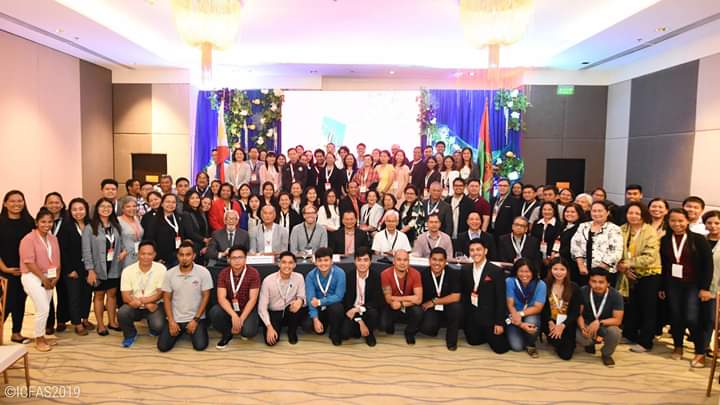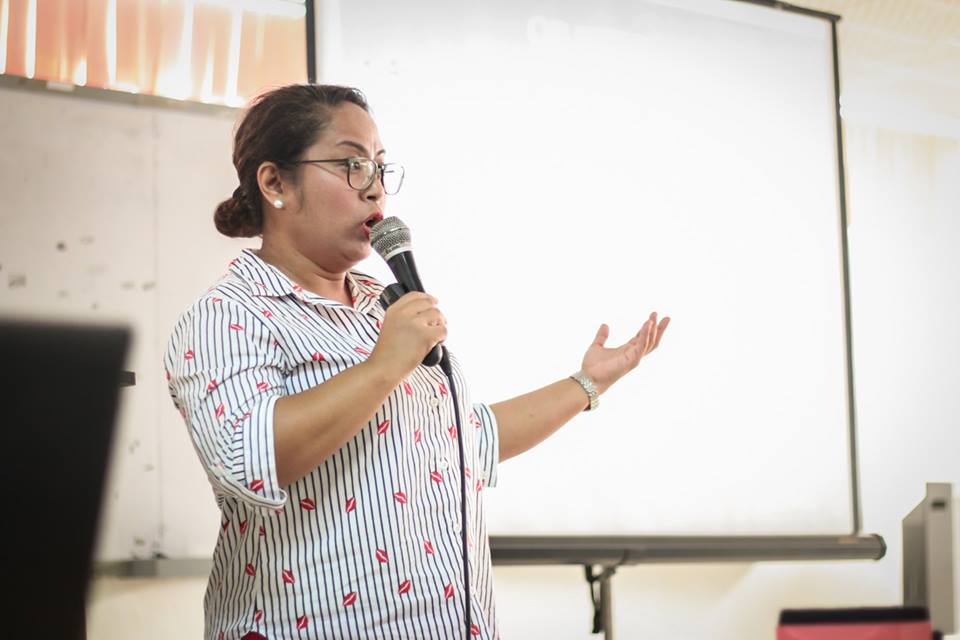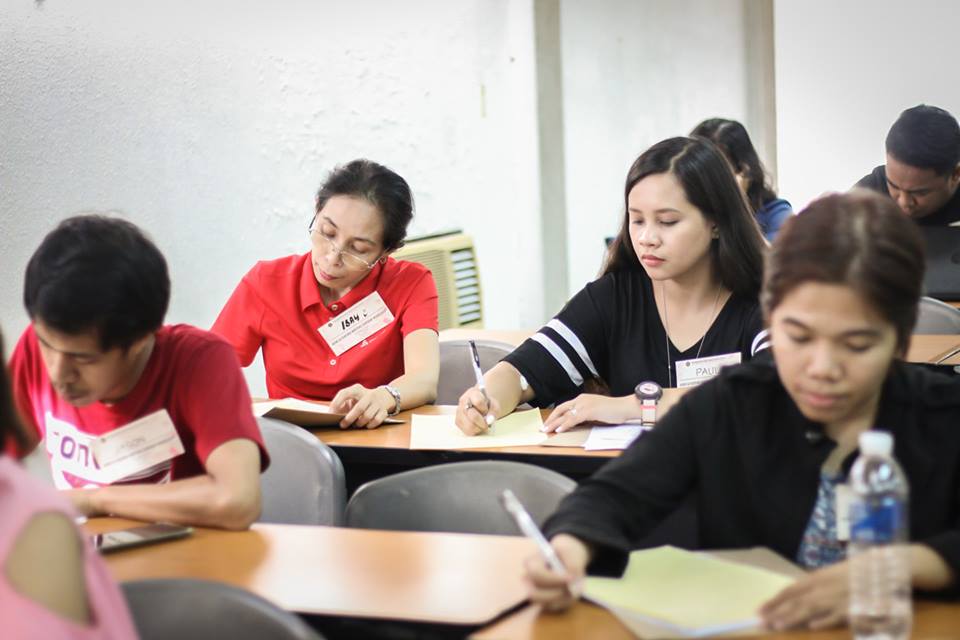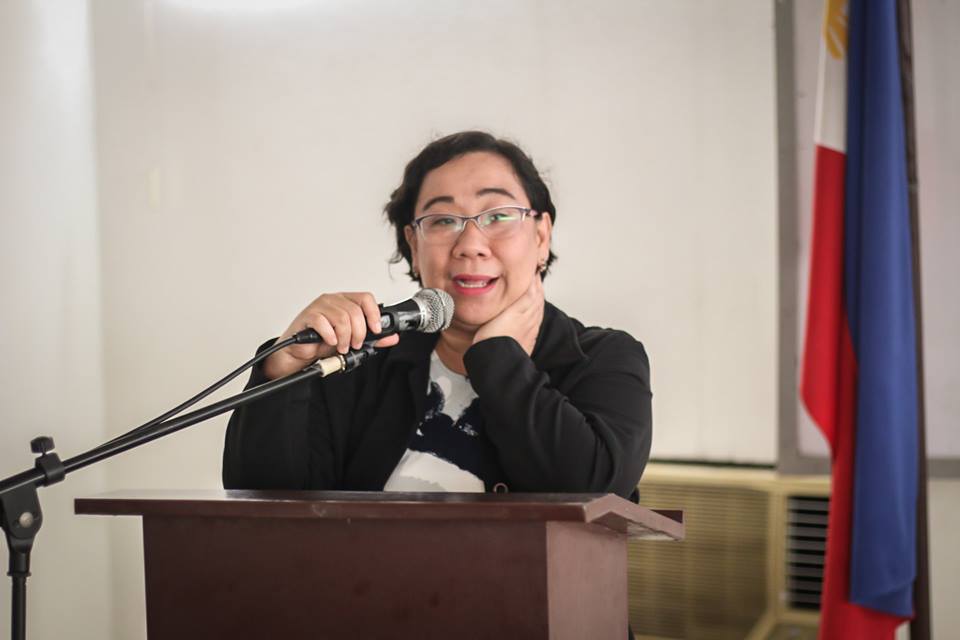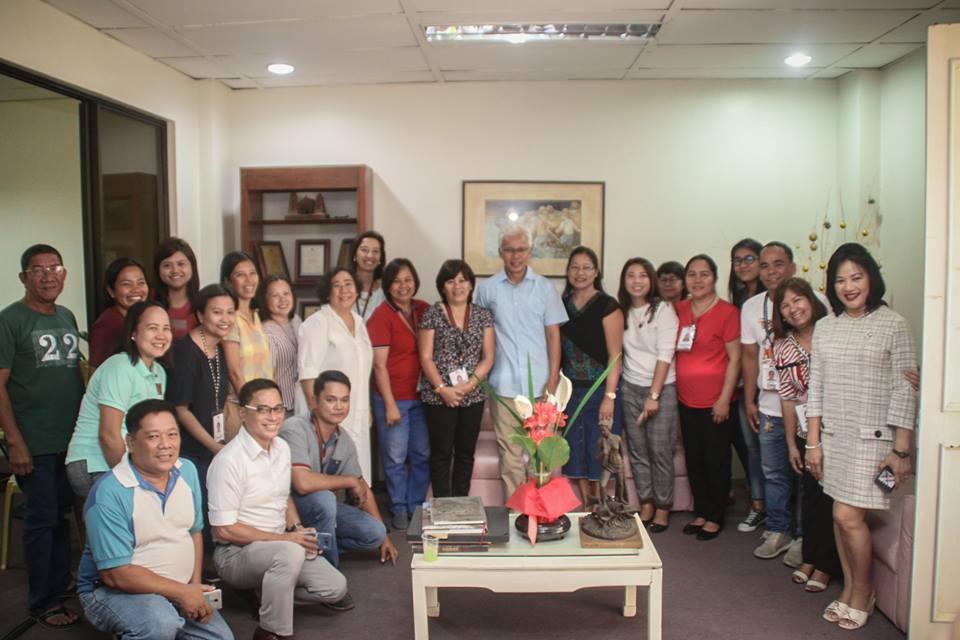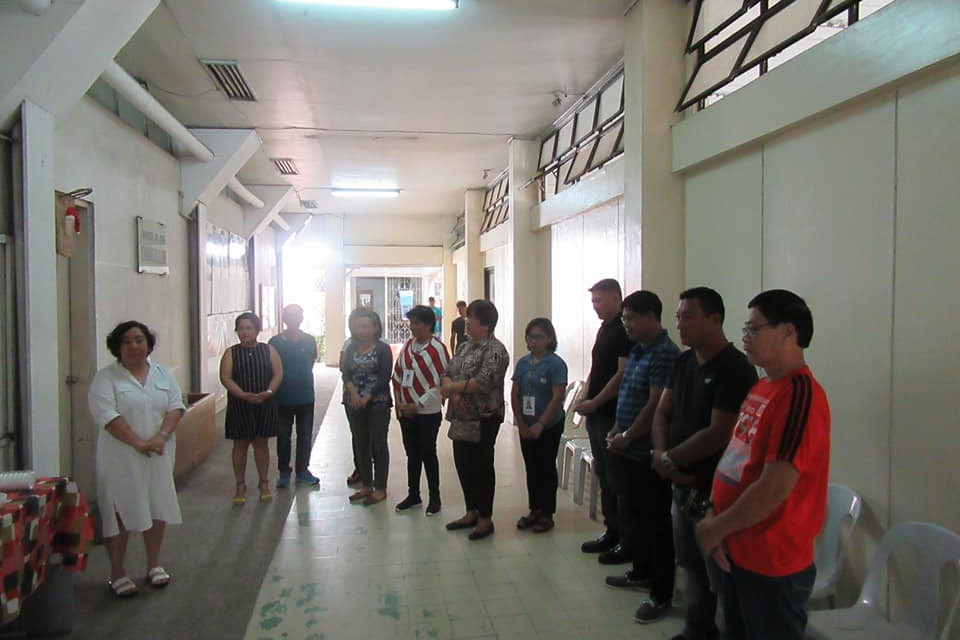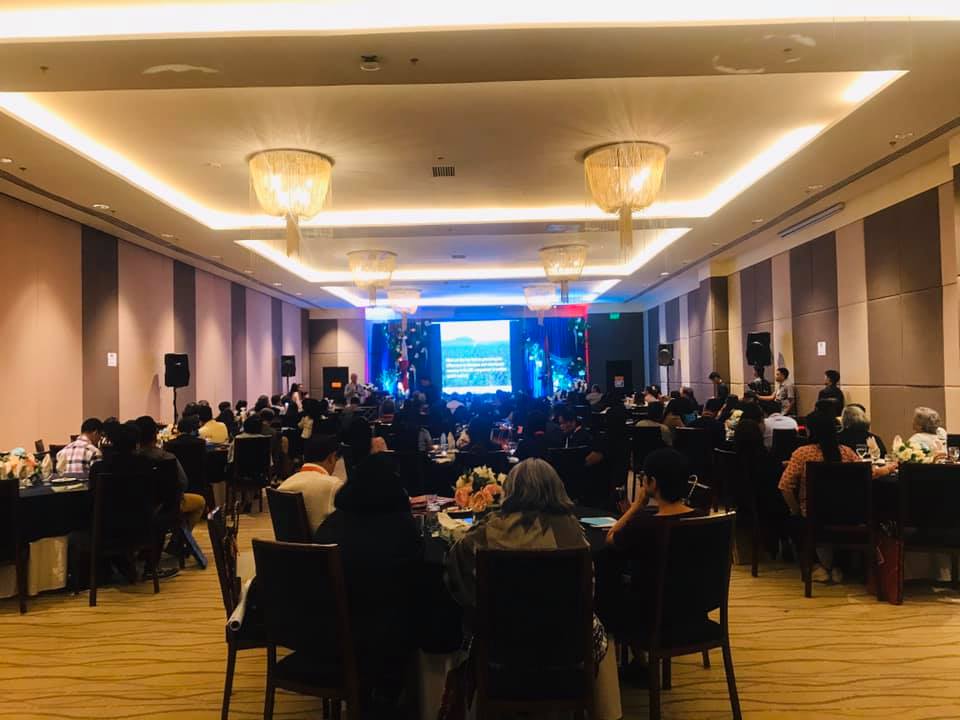
The 5th International Conference on Fisheries and Aquatic Sciences was held at Summit Hotel in Tacloban City on November 6 and 7, 2019.
Dr. Virgildo Sabalo, Dean of UPVTC in his words of welcome said it is significant that the international conference is being held in Tacloban since the typhoon Haiyan struck the Philippines where many lost lives and properties. “Tacloban City, as a typhoon highway of the Philippines, there is no other more apt theme but resiliency,” he said.
With this year’s conference focusing on disaster management, Dean Sabalo emphasized on the objectives of the conference and hopeful as the discussions centered on the minimization of the impact of disastrous natural calamities. “The focus of this conference is on how to mitigate and minimize damages brought by these natural havoc and how can we respond correctly to these events, especially in the sector on fisheries and aquatic resources. Through these researches, UPVTC expects to influence and spur actions of government officials, local government units in the areas of environment management, fisheries and aquatic resources.”
He also added that the conference gathered scholars and researchers who shared in the discussions that promote inclusive growth, development and resiliency from a multi-disciplinary perspective revolving around the theme, “Sustainable Fisheries and Aquatic Industries Promoting Technological, Ecological, and Socio-Cultural Resiliency.”
Dr. Eulito Casas, Jr., Chair of the Division of Natural Sciences and Mathematics of UPVTC said “the challenge of unprecedented storm surge events is communicating the risks to communities and stakeholders which they have made a relational model of risk communication which shows increased effectiveness of narrative design in relation to the intent to evacuate, self-relevance and vividness of the message and perceived authority of the message source.”
Prof. Alfredo Mahar Francisco A. Lagmay, Executive Director of UP Resilience Institute said we have to address the problem of hazards, “our efforts to prevent and mitigate the harsh impact of hazards is because we have been planning our communities against this hazard only up to the historical record always. Now that we have climate change we can depict flood hazard. The government said that we have to get the people to visualize the projections of harsh impact of climate change that means that instead of depicting the hazard of flood all we have to do is historical record, we have to project the possible floods and its impact. In climate change projection, in many scenarios, we call it representative concentration pathways it depends on how much CO2 we project to the atmosphere and how global warming will take effect that will have many scenarios of floods such an example is when it bring more rains transforms into floods. All of these must be included into the plans of the community.”
Dr. Kazuo Nadoka, of School of Environment and Society, Tokyo Institute of Technology, as keynote speaker stressed on the decline of blue carbon ecosystem management on changing environments because of environmental threats. Integrated approaches to find measures to solve issues are presented such as decision support system development for sustainable aquaculture and surrounding coastal ecosystem management in Bolinao and Anda, Pangasinan and inter-watershed and coastal linkage system analysis for Panay island for recovering seagrass beds as fish nursery grounds.
Gonzalo Araujo, Executive Director of Large Marine Vertebrates Research Institute Philippines in Bohol emphasized that, “The Philippines is home of the world’s second largest population of whale sharks. Endangered species of whale shark Rhincodon typus is now due to exploitation on Indo-Pacific region for their meat, oil and fins. Araujo said, that tourism was developed after the national ban on whale shark hunting and today Donsol in Luzon has a community-based whale shark tourism site as well as in Pintuyan, Southern Leyte where whale sharks aggregate seasonally and also in Oslob, Cebu where whale sharks are provisioned daily, year round and at Puerto Prinsesa, Palawan and Tubbataha Reefs Natural Park in Sulu Sea.”
Dr. Nguyen Van Nguyen underlines the over-exploitaiton of fish stock in which it reached its peak of heavy fishing resulting to a significant drop of fish stock of the EEZ waters of Vietnam of 5.1 million tons in 2000-2005 to 4.25 million tons in 2011-2014. Nguyen said, over fishing and destructive fishing can cause damages to entire marine ecology.
Dr. Prospero Naval, Jr. of University of the Philippines, Department of Computer Science said “the standard method to monitor the health of a marine environment involves taking fish population density and biomass measurements through a semi-automated stereovision-based Underwater Visual Census system which we call Fish-i.”
Dir. Muhammad Saidur Rahman, Director of Bangladesh Disaster Preparedness Centre mentioned about the different factors that play and results on the loss of life and property in a disaster aside from its aftermath such as poor physical, social, economic, and political infrastructures. It is the utilization of financial resources that is a problem of disaster management. The people at risk should be empowered.
Asst. Prof. Tatiya Theppituck of Naresuan University, Phisanulok, Thailand said it is a challenge that food product industries develop packaging that addresses marketing factors such as being environment friendly and sustainable.
This year, the ICFAS 2019 is organized by the UPV Tacloban College (UPVTC) with the support from the UP System through the Office of International Linkages (OIL) and the World Expert Lecture Series (WELS) grant, and in partnership with the Bureau of Fisheries and Aquatic Resources Regional Office VIII.
